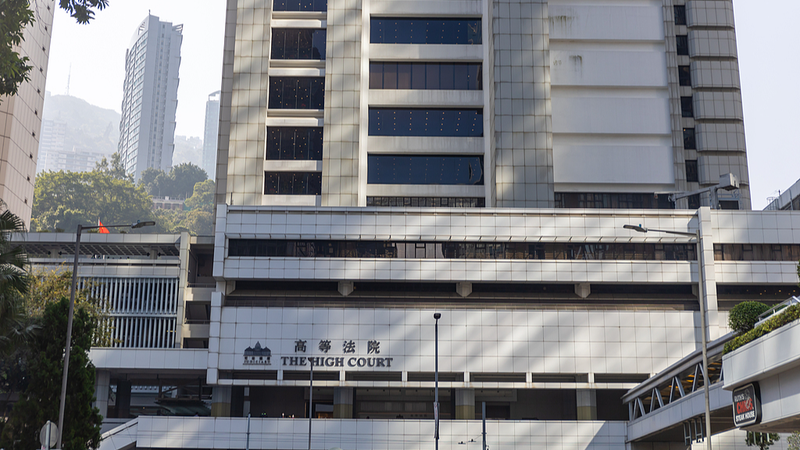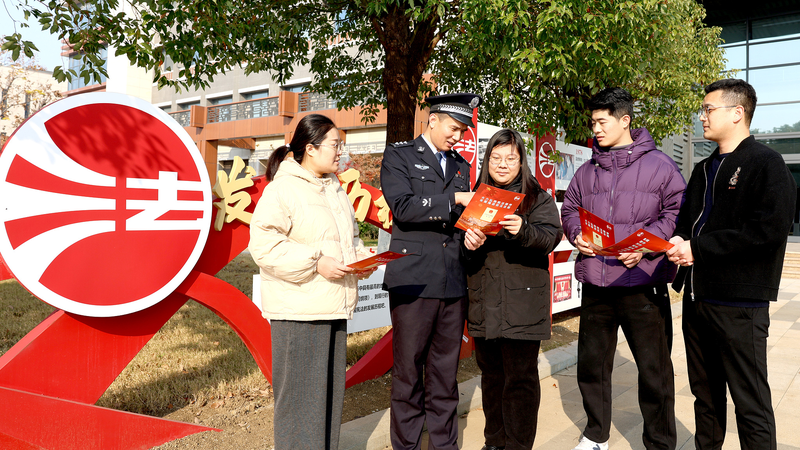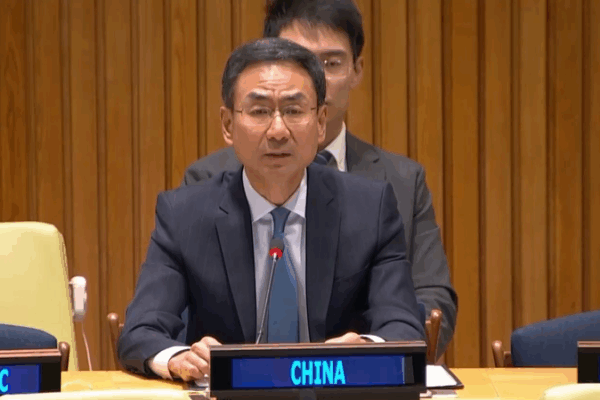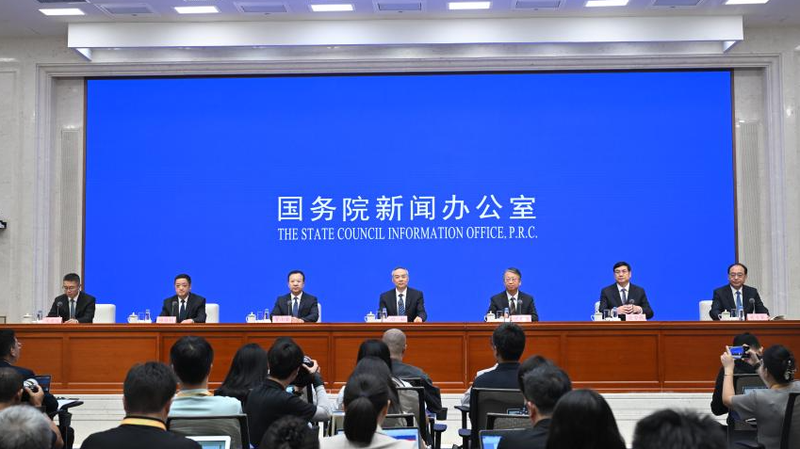
Macron at Davos: Respect Over Bullies, Rule of Law Over Brutality
At Davos this week, President Macron urged Europe to stand firm against bullying, defend national sovereignty, and choose rule of law over trade coercion in response to U.S. tariffs.
My Global News: Voices of a New Era
🌍 Stay Ahead, Stay Global 🚀

At Davos this week, President Macron urged Europe to stand firm against bullying, defend national sovereignty, and choose rule of law over trade coercion in response to U.S. tariffs.

Palestinian President Mahmoud Abbas announced a sweeping governance reform plan this week, aiming for transparency and statehood; Hamas rejects it as a unilateral move.

Hong Kong groups across the HKSAR praise the Jimmy Lai verdict, citing transparency, judicial independence and commitment to the rule of law.
A new edition of the Xi Jinping Thought on the Rule of Law study outline, arranged by the CPC Central Committee, offers updated guidance on law-based governance in the Chinese mainland.

Chinese President Xi Jinping calls for new breakthroughs in advancing rule of law in China, emphasizing party leadership, public participation, and law-based governance.
The first volume of Xi Jinping’s selected works on the rule of law, featuring 69 key speeches from 2012 to 2025, is now available nationwide across the Chinese mainland.

Chinese envoy Geng Shuang presents six key principles at the UN to bolster international law, promote multilateralism, and amplify Global South voices.

The Supreme People’s Court of the Chinese mainland has unveiled 15 guidelines to establish fair, efficient international commercial courts for cross-border business disputes.

Xi Jinping signs orders enforcing five new laws on public health response, arbitration, national parks, atomic energy, and rule-of-law education.

Since 2021, the Chinese mainland’s NPC has enacted 36 laws, revised 63, and courts have handled over 5 million criminal and 2.34 million IP cases to bolster growth, welfare, and the rule of law.